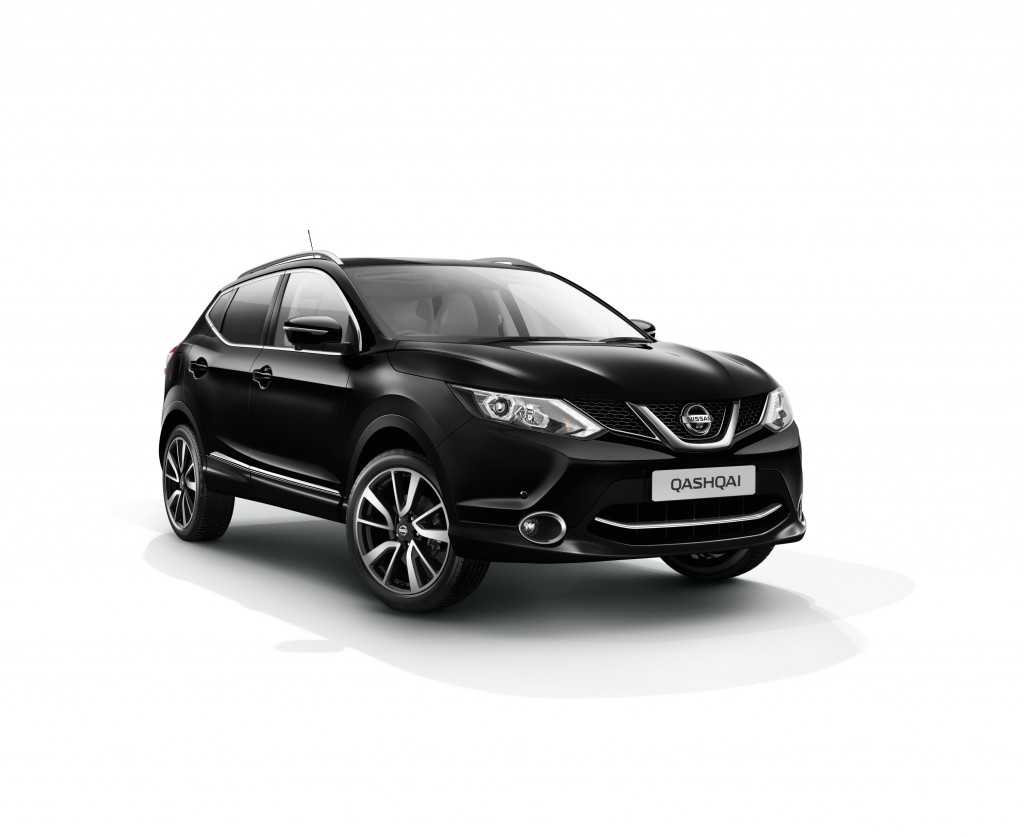One of our best selling cars the Nissan Qashqai has a new green option available. The latest third-generation Nissan Qashqai now comes with Nissan e-Power. This delivers a more responsive, quiet, and efficient way to experience your Qashqai.
E-power unique to Nissan and uses a petrol engine to charge a battery that in turn drives an electric motor. Unique because this powes the wheels.
The 100% electric motor-driven system delivers powerful, smooth, instant acceleration. Benefiting with lower emissions and running costs than a traditional petrol engine.
In addition to the petrol engine, e- power uses regenerative braking to help keep the battery topped up.
Why is e-Power different from a conventional Hybrid?
Qashqai E-Power – The e-power system offers a fully electric motor drive, meaning the electric motor ultimately drives the wheels.[1]
Qashqai E-power combines a high output, battery, integrated with the 1.5 litre190bhp petrol engine. The total powertrain also has a generator, inverter (energy capture) and electric motor.
In a conventional hybrid system, the wheels are driven by an electric motor and a petrol engine; however, with e-power, the engine is not connected to the wheels; it simply charges the battery.
Using an e-power hybrid system, Nissan has managed to reduce weight and develop a responsive motor control method. The result, E-power uses a smaller battery than the Nissan Leaf but delivers the same experience as a full EV.

What is E-Pedal?
The E-Pedal is the same as any accelerator. When you decelerating , it generates kinetic energy sent seamlessly to the inverter, which in turn charges the battery.[2]
This style of driving makes stop-start city driving more comfortable. This is because you are not constantly moving your foot from the accelerator to the brake.
Additionally, the Is E-pedal is safer on snowy and slippery roads. This is because you can decelerate more smoothly, rather than pressing the brakes on a Qashqai E-Power vehicle

- The Peugeot 408: A Premium Hybrid That Stands Out - December 18, 2024
- UK Auto Industry Challenges Amid EV Transition - December 11, 2024
- EV Charging Costs in AA Report for October 2024 - December 6, 2024
